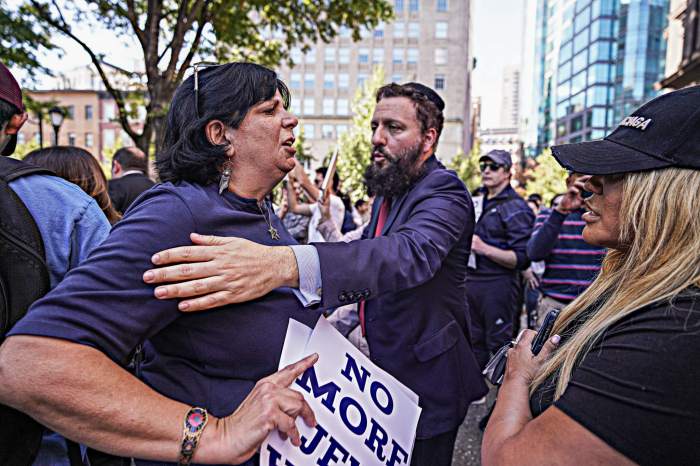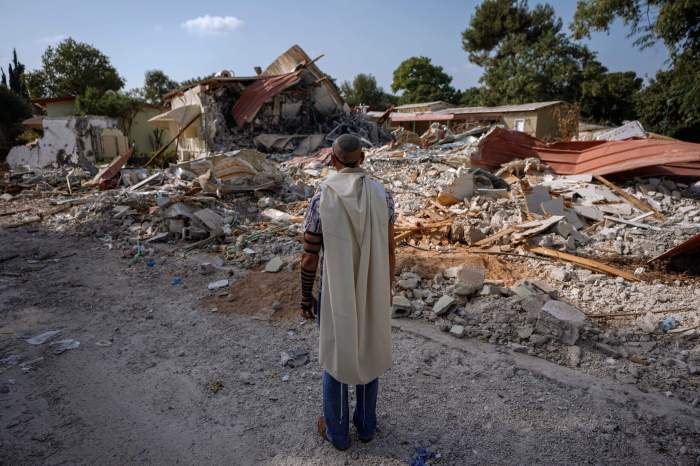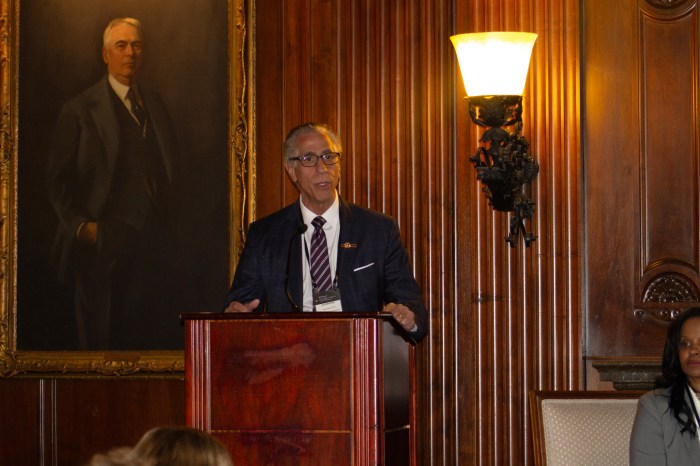
Mention the word rezoning in many communities these days and you’ll get quite a reaction.
Mayor Bill de Blasio’s push for new zoning standards that he says would allow for increased affordable housing and development is turning into a losing battle with local politicians. Officials, including those on community boards, worry that rezoning will drastically change their neighborhoods and hurt their residents and businesses. Their increasingly loud voices have decried all potential zoning code reforms.
There are reasonable concerns about gentrification and the idea that adding expensive units in new developments will price out some local residents.
But the “no” drumbeat won’t help New Yorkers’ economic well-being.
Local officials and City Hall must end the ping-pong match and reframe the discussion so that NYC gets real affordable housing, improved small-business opportunities, and a balance between new development and the best features of established neighborhoods.
De Blasio’s suggested zoning changes come in three parts. There’s mandatory inclusionary housing, which would require developers to earmark 25 to 30 percent of new units as permanently affordable; ZQA, or “zoning for quality and affordability,” would allow developers to build taller buildings to include affordable senior housing; and the higher density and new commercial opportunities planned for East New York.
It’s an ambitious program. But because de Blasio hasn’t sold it well, local officials think something’s being pushed down their throats. Not surprisingly, they’re pushing back. And the plan is far from perfect; it needs to do more to create truly affordable housing, adding units for lower-income levels and making affordable percentages higher.
The proposal is a good start, but de Blasio can go further. The blanket “no” from local officials is unacceptable and hurts their own constituents most. Together, they must find a middle ground that could provide city residents with affordable options, development that makes sense and desperately needed economic activity.

















